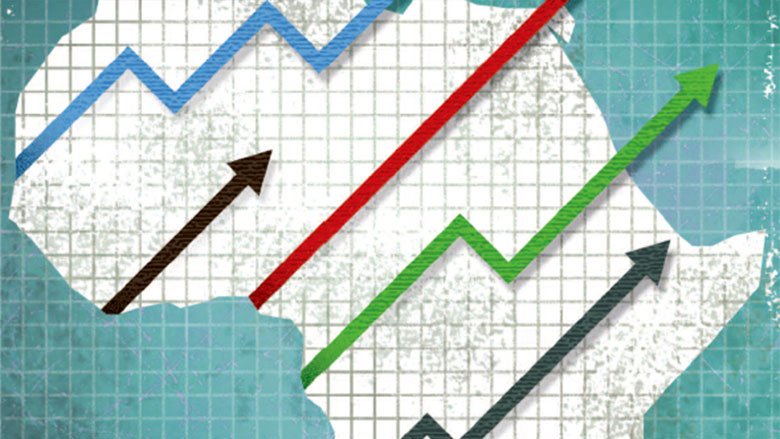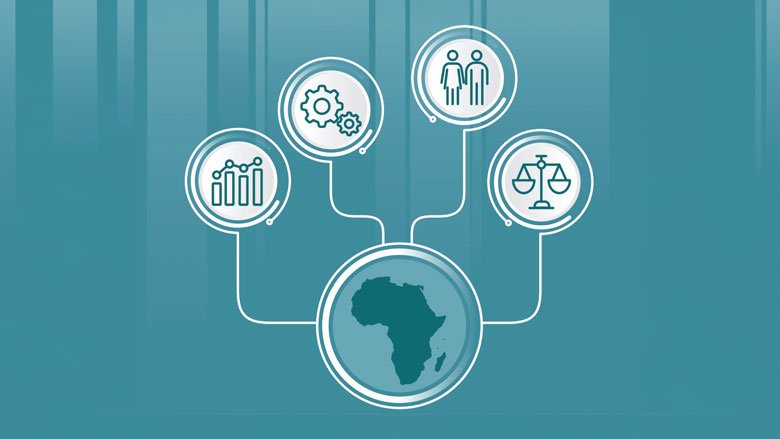Benin’s geographical position at the juncture of two major regional corridors—the Abidjan-Lagos and Cotonou-Niamey corridors— makes this West African country an important commercial and tourism hub. Benin has a 121-kilometer-long coastline on the Gulf of Guinea and is bordered by Nigeria, Burkina Faso, Niger, and Togo.
Political Context
Benin is a politically stable country and has achieved successive democratic transitions. On January 8, 2023, the parties supporting President Patrice Talon won the legislative elections, securing 81 of the 109 parliamentary seats in the National Assembly. The Democrats, the main opposition party, won 28 seats, marking the opposition’s return to parliament after a four-year absence. Political parties and movements were merged under the September 2018 party system reform, while others were unable to present candidates for the legislative elections. The next general elections are scheduled for 2026 and will be governed by the new electoral code adopted by the deputies and endorsed by the Constitutional Court.
Social Context
In 2022, Benin had a population of 13.35 million, with a fertility rate of 5.7 children per woman and a life expectancy of 61.2 years. In 2021-2022, the national poverty rate was 36.2%, down 2.3 percentage points on 2018-2019, with an unemployment rate of 2.4% but a level of underemployment at 72% and 90.1% of working people in informal employment.
The country’s ranking on the United Nations Human Development Index (HDI) remains low, although it has improved over time. In 2020, Benin was ranked 166th out of 191 countries with an HDI of 0.525, as a result of its low life expectancy at birth (59.8 years) and low expected and average years of schooling (10.8 years and 4.4 years, respectively). Similarly, although progress has been made in education and health, Benin’s 2020 Human Capital Index score remains low at 0.40.
Several global and regional socioeconomic shocks could affect poverty reduction trends. The impact of WAEMU sanctions against neighboring Niger, the fallout from the Russian invasion of Ukraine, political instability in neighboring Sahel countries, growing insecurity, and social tensions in the North could lead to continued volatility in the price of food, energy, and fertilizers, which would in turn adversely affect poor and vulnerable households, thereby slowing poverty reduction and pushing more households into situations of fragility.
Economic Overview
In 2023, although slightly down, growth remained resilient at 5.8%, despite the various shocks the country faced during the year. These included the closure of the border with Niger and macroeconomic difficulties in Nigeria (including rising petrol prices, strong inflationary pressures and the depreciation of the Naira against the FCFA). Inflation has doubled in 2023, but remains contained and below the convergence threshold, rising from 1.4% in 2022 to 2.8%, mainly due to higher gasoline prices.
The fiscal reforms implemented in recent years have resulted in a steady increase in tax revenues and a reduction in the fiscal deficit from 5.5% of GDP in 2022 to 4.5% of GDP in 2023. Ongoing fiscal consolidation, driven mainly by improved revenues, should enable the country to gradually reduce the fiscal deficit and reach the regional convergence criterion of 3% of GDP by 2025. Public debt continued its upward trend, reaching 55% of GDP in 2023. However, the increase in debt was lower in 2023 than in previous years. The risk of debt distress continues to be considered moderate.
Development Challenges
The State’s firm commitment to macroeconomic stability since 2016 provided fiscal space to support economic activities during the pandemic. Sustaining the economic recovery will be contingent on its ability to address the vulnerabilities of its growth model. The economy is dependent on the export of unprocessed agricultural products (cotton and cashew nuts) and the reexport of imported goods and commodities (e.g., secondhand cars and rice) to Nigeria. Almost 85% of the labor force works in the informal economy. Benin has one of the lowest domestic resource mobilization levels in WAEMU, despite steady progress since 2020. The short-term outlook is shaped by uncertainties associated with the geopolitical context, especially in the North, as well as by unrest in neighboring countries.
Last Updated: Apr 03, 2024










